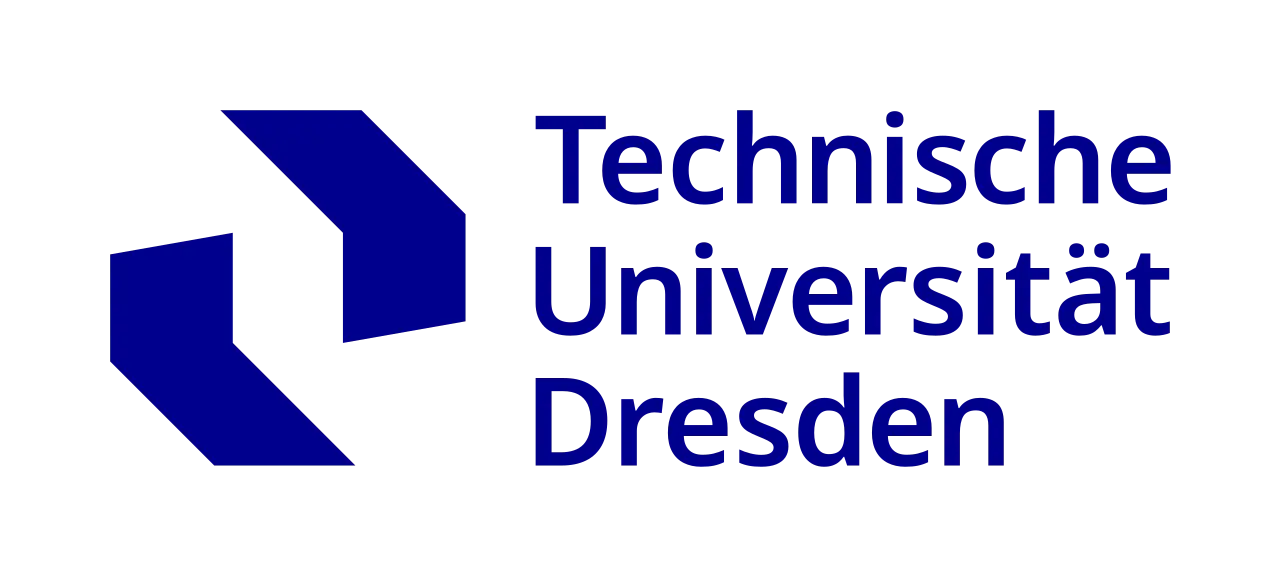Transfer to a German University after 2–3 Years of Study
Boost your education quality and career prospects — study in German or English, often without entrance exams.
Benefits of Studying in Germany
Germany hosts 300,000+ international students; around 40,000 come from CIS countries.
Why transfer after 2–3 years
With 2–3 years completed at a recognised home-country university, you can access direct admission routes in Germany.
Field constraints
Transfers are limited to identical/related fields. If you plan to switch, start with Career Orientation and, if needed, a Studienkolleg in the new track.
Join our free webinar on transferring to Germany
Understand requirements, benefits and common pitfalls — plus actionable tips to secure admission.
Transfer pathways
Options depend on your completed studies, recognition status and grades.
11 YEARS OF SCHOOL + 2–3 YEARS
With a full school certificate and 2–3 years at a recognised university, you may apply directly in Germany. Some courses may be credited.
Apply to Bachelor Learn moreCOLLEGE + 2–3 YEARS
After college plus 2–3 university years, you may enter the 1st semester in Germany; prior study is treated as equivalent to 12 German school years.
Studienkolleg route Learn moreCHANGING MAJOR
Changing fields typically requires a Studienkolleg in the new track to bridge curriculum differences.
Studienkolleg Learn moreNO RECOGNITION
If your current university isn’t recognised in Germany, you’ll need one year at a Studienkolleg. The upside: you’re free to choose a new field.
Studienkolleg Learn more
Not sure which path suits you? Book a consultation
Free • 20–30 minutes • Get actionable answersNot sure which path suits you? Book a consultation
Free • 20–30 minutesFrequently Asked Questions
Clear guidance on transferring to Germany after 2–3 years of study.
Questions about our support
Do you work under a formal contract?
Can you guarantee admission?
State-funded programmes are competitive, so guarantees aren’t possible. We raise your chances through strategy and high-quality documents. Our comprehensive packages include a one-year service guarantee (we repeat our services without extra fees if needed).
What language level is required?
Will my previous courses be recognised?
Do I need a blocked account?
Many have already transferred with our help — we’ll guide you too
Book a consultation today and get your personalised route to enrolling at a German university after 2–3 years.










